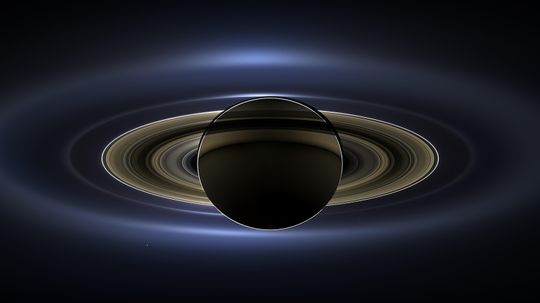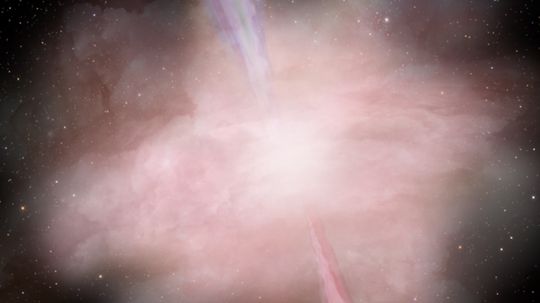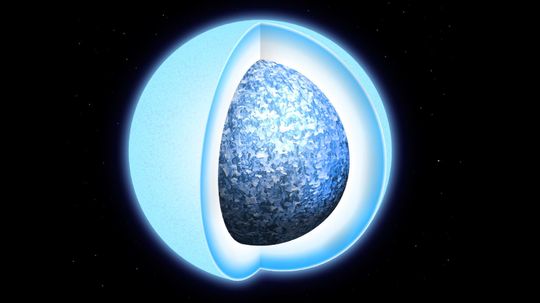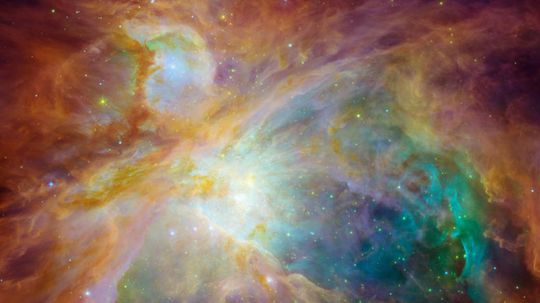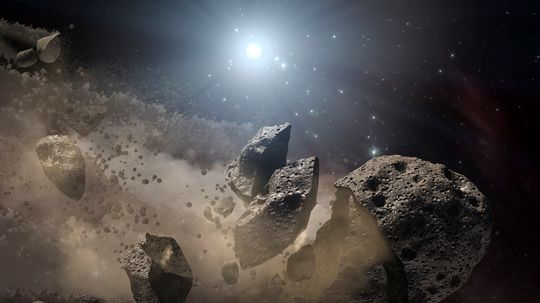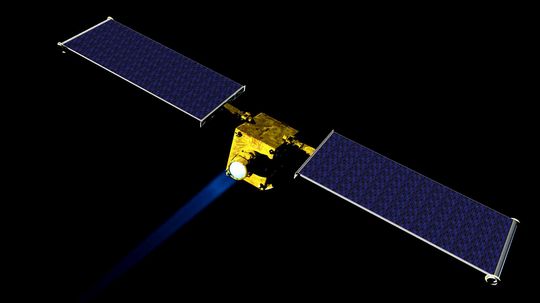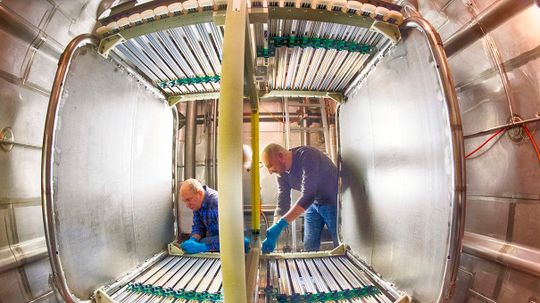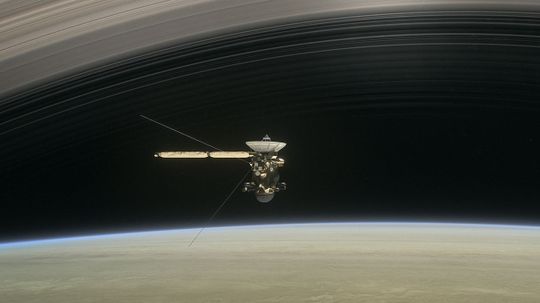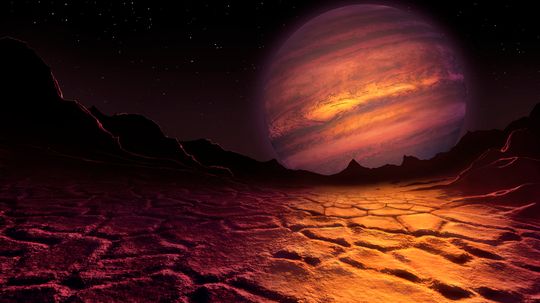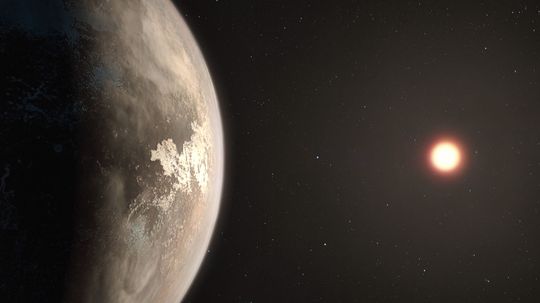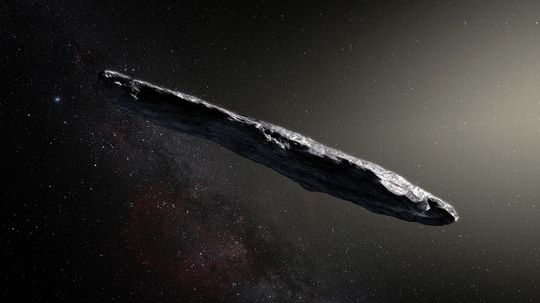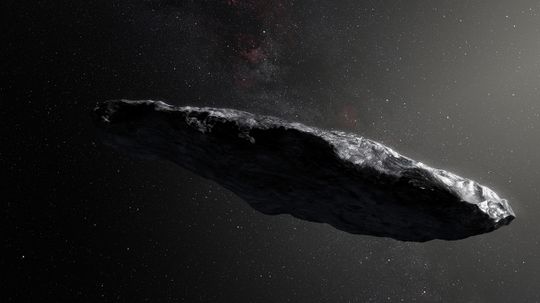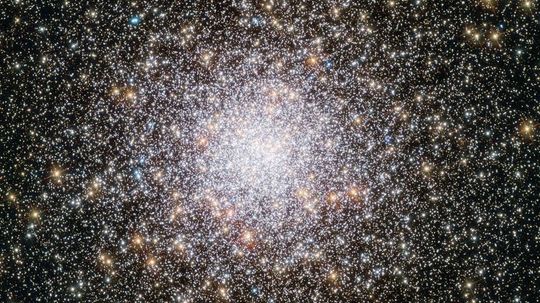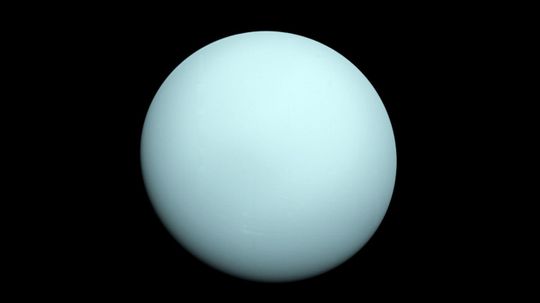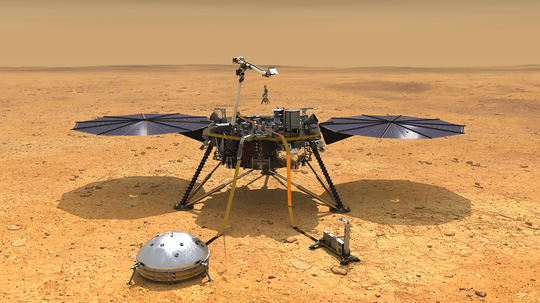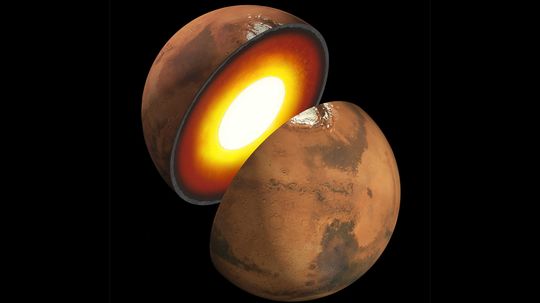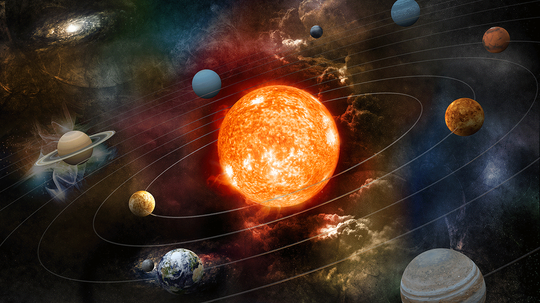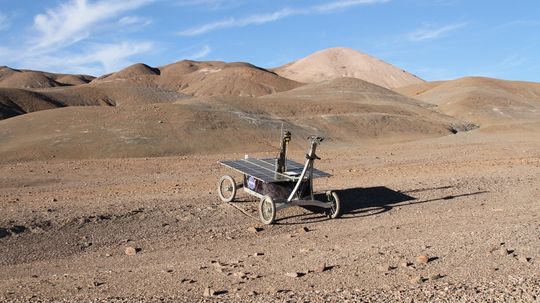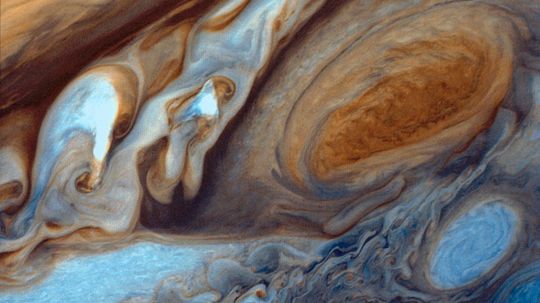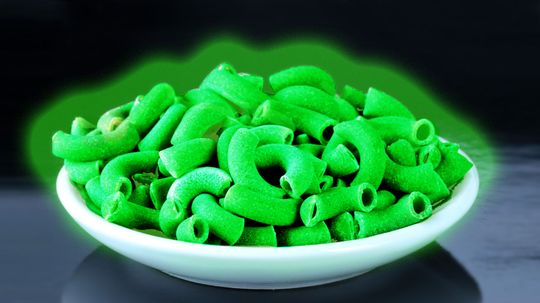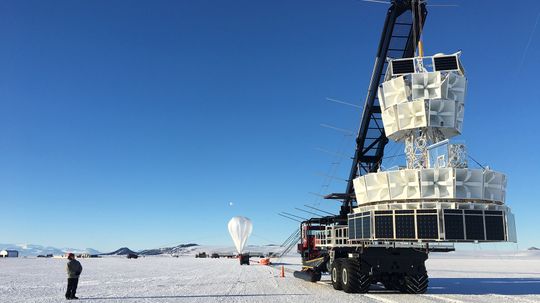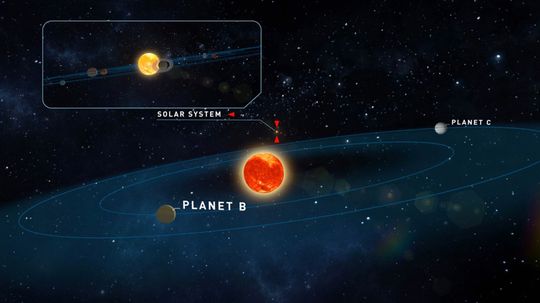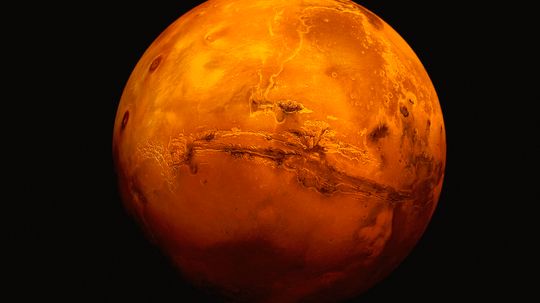Ian writes about space and especially enjoys writing about astrophysics, Mars exploration, black holes and our brave space robots that allow humanity to push beyond the final frontier. He's a British guy living in Los Angeles with a Ph.D. in solar physics and a master's degree in astrophysics. He digs tea and craft beer, and has an obsession for science fiction and computer games. He's forever optimistic that, despite the chaos and uncertainty of our daily lives, we are only at the beginning of the human story from a cosmic perspective. Space exploration is an adventure; it's his job to chronicle our journey. You can also follow his writing and videos on Astroengine.com.
Recent Contributions
Water surrounds us, falling from the sky and pouring from faucets, and yet many of us never ask where it comes from. The answer stretches way back - before tides and thunderclouds to the big bang.
No worries though. Jupiter, Neptune or Uranus could create their own beautiful, bright ring display in the distant future.
Get ready for the most powerful electromagnetic explosion the universe has ever known.
Advertisement
Those stars twinkling in the nighttime sky may actually be crystal spheres. And our beloved star is headed in that direction, too. Eventually.
In this stellar nursery, firstborn stars are ruthless.
So what does that mean for good ol' Earth someday?
And don't worry. Even if NASA misses, we'll be fine.
Advertisement
The seriously ambitious experiment aims to understand the mysterious neutrino and maybe even figure out why matter won out over antimatter during the Big Bang.
The groundbreaking Saturn mission has come to an end, protecting Saturn's moon in its final plunge.
Neither massive planets nor tiny stars, brown dwarfs are entirely different substellar curiosities that possess qualities of both.
And it's just a galactic hop, skip and a jump away.
Advertisement
It's the first interstellar rock we've ever found!
Yep, 'Oumuamua was probably kicked out of its own star system by an overbearing gas giant like Jupiter.
Astronomers have just discovered a gas in Uranus' clouds that does nothing to help the planet being taken seriously.
Advertisement
Everybody wants to find aliens, even the hacktivist group Anonymous.
After cruising 300 million miles and spending seven months in space, the InSight spacecraft successfully touched down on Mars' surface. How awesome is that?
The wait is over. NASA confirms Mars is seismically active.
Once upon a time, the sun caught an interstellar orphan and adopted it as its own. It's named 2015 BZ 509.
Advertisement
Rovers are getting some practice hunting for microbes here on Earth before they head to Mars in 2020.
Jupiter has been notoriously bad about revealing any water deep in its thick atmosphere. That's changing though.
This stellar noodle is the strongest material in the cosmos!
Something very strange is afoot above the frozen landscape of Antarctica.
Advertisement
And one of the exoplanets in the Teegarden star system could have a temperature range between 32 and 122 degrees Fahrenheit.


